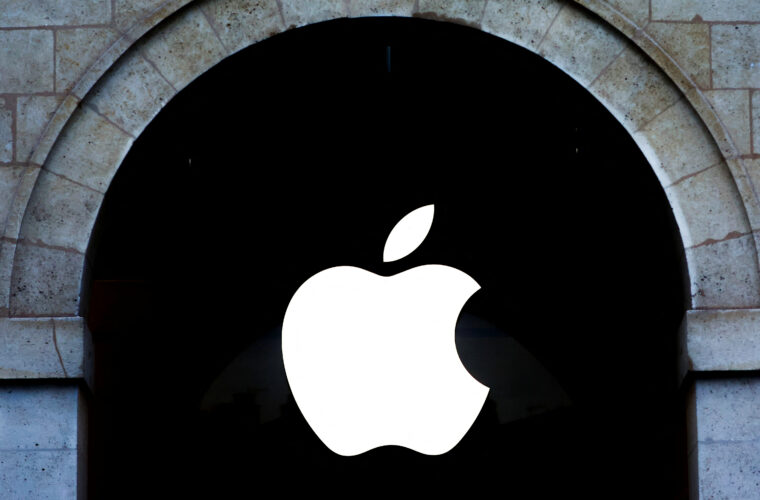DALL·E 2 creates realistic images and art from a text description

DALL·E 2 is a new AI system that can create realistic images and art from a text description in natural language. OpenAI introduced this innovative artificial intelligence software back in 2022.
Right now, more than 3 million people are already using DALL·E 2 to extend their creativity and speed up their workflows, generating over 4 million images a day. Its flexibility allows creators to develop original images ranging from artistic to photorealistic.
Users only need to describe what they want to create, and the AI generates state-of-the-art images within a couple of minutes.
“As our research evolves, we will continue to bring the state of the art into the API, including advances in image quality, latency, scalability, and usability”, OpenAI notes.
Illustrators, authors, AR designers, tattoo artists, clothing designers, sound designers, dancers, and much more are now using DALL·E 2 to create professional images.
The future of image processing
The impressive results make us wonder if this will be the future of image processing. For example, if the program is asked to draw “a koala dribbling a basketball”, the DALL·E 2 will do exactly what it is asked to do: to create a photorealistic image of the animal jumping in the air with a ball in his hands in front of a basketball hoop.
DALL·E 2 can also edit existing photos by replacing the images inside. For example, if you type “cute cat” into a dog photo, the AI system will turn the dog into a kitten. Additionally, DALL·E 2 can scan an original image and create variations in the same style.
OpenAI developed DALL·E 2 by programming its artificial intelligence to study existing images overlaid with a text description that analyzes the depicted person, animal, or object. Through the deep learning technique, DALL·E 2 is not only able to recognize what is inside an image but also to try to reproduce it.
OpenAI introduced the first version of DALL·E in January 2021. However, its second version has been upgraded to be able to draw images more accurately and at a higher resolution.


DALL·E 2 creates art from scratch
It’s also important to note that the DALL·E 2 can paint pictures of things that technically don’t exist in the real world. For example, if you tell it to draw “a monkey paying taxes”, the program’s AI is smart enough to create an “animal looking at a computer” even though it has never encountered such an image during training.
OpenAI CEO Sam Altman said DALL·E 2 gives us a preview of what the future of artificial intelligence has in store.
“This is another example of what I think is going to be a new computer interface trend: you say what you want in natural language or with contextual clues, and the computer does it. We offer this for code and now image generation; both of these will get a lot better. But the same trend will happen in new ways until eventually, it works for complex tasks—we can imagine an AI office worker that takes requests in a natural language like a human does,” Altman wrote in a blog post. “It sure does seem to understand concepts at many levels and how they relate to each other in sophisticated ways”.
According to Altman, “copilot is a tool that helps coders be more productive, but still is very far from being able to create a full program. DALL·E 2 is a tool that will help artists and illustrators be more creative, but it can also create a “complete work”. This may be an early example of the impact of AI on labor markets. Although I firmly believe AI will create lots of new jobs, and make many existing jobs much better by doing the boring bits well, I think it’s important to be honest that it’s increasingly going to make some jobs not very relevant (like technology frequently does)”.



